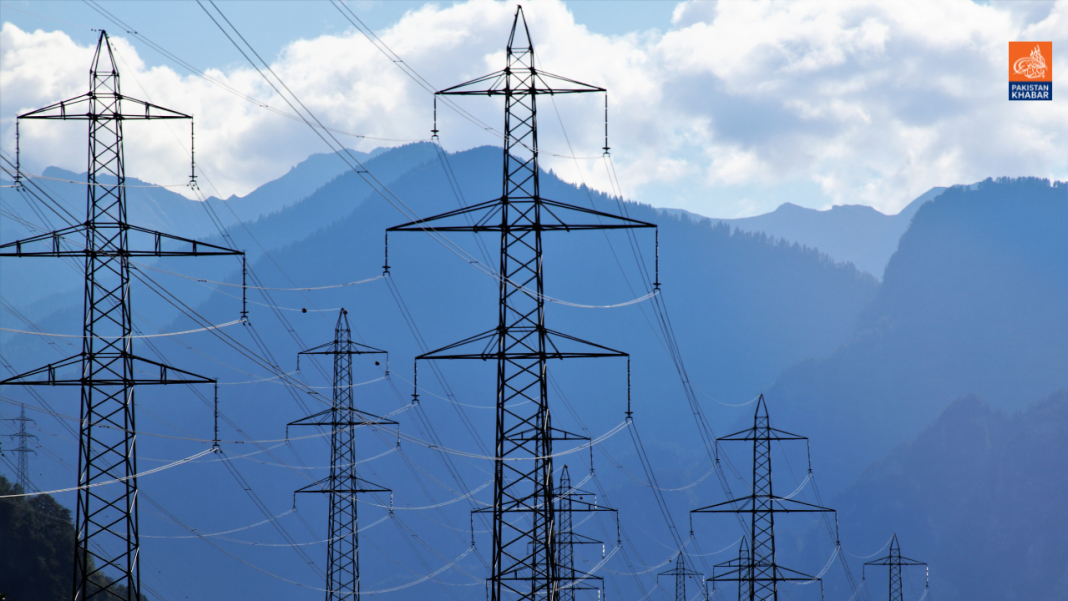Calls to renegotiate contracts with Independent Power Producers (IPPs) are growing due to rising energy tariffs. However, experts believe that such renegotiations are unlikely to yield significant savings or have a substantial impact on overall power costs.
Dr. Omer Siddique, a senior research economist at the Pakistan Institute of Development Economics (PIDE), noted that the IPP agreements, established in response to severe energy shortages in the 1990s and early 2000s, came with long-term financial commitments essential for increasing the country’s electricity generation capacity. These contracts, designed with fixed prices to cover operational risks, infrastructure, and financing costs, leave little room for significant rate reductions. He emphasized that factors such as fuel pricing, regulatory changes, and market demand fluctuations significantly affect electricity prices. Thus, while renegotiating IPP contracts might offer temporary relief, it is not a long-term solution to rising energy costs.
Dr. Siddique suggested that focusing on enhancing grid efficiency, diversifying energy sources, and investing in technological advancements could more effectively reduce electricity costs.
Shah Jahan Mirza, Managing Director of the Private Power and Infrastructure Board (PPIB), acknowledged current discussions about reducing the high rates paid to IPPs, which are influenced by foreign fuel costs and exchange rates. While this approach could provide some cost savings, Mirza pointed out that the contracts include provisions that protect IPPs from economic fluctuations, limiting the potential impact of renegotiation. Significant rate reductions are constrained by existing payment arrangements and guaranteed returns. Therefore, any savings from renegotiation might be minimal in relation to overall energy costs.
Mirza also highlighted that renegotiating contracts could jeopardize the financial stability of IPPs, potentially affecting future investments and the stability of power supply. He warned that frequent renegotiations might undermine investor confidence in the country’s economic policies, discouraging future energy infrastructure investments and potentially leading to supply shortages and higher prices.
Instead, Mirza suggested that negotiations with IPPs could include clauses that align with modern energy objectives, such as increasing renewable energy capacity or improving efficiency. Although immediate financial savings may be limited, updating contracts to reflect new energy goals could provide significant long-term benefits.




